Thanks for taking an interest in my story!
Please read on to learn about my about professional journey, interests, and perhaps some quirks that might help you get to know me :)
If the texts are too long or boring you out (sorry!), just click on the "TL;DR" button for a section summary
... I do realise I can be a little long winded at times when I get carried away ...
Background
I started my career in university administration as a fresh graduate in 2020, where I worked under superiors who actively supported automation and data driven processes. Much of my work then involved repetitive tasks and collecting or processing data through forms, most of which were previously underutilised in decision making. Allowing me to explore and implement ideas to improve work processes. This sparked an interest in using technology to enhance situational awareness, decisions, or processes through predictive analyses & automation. Eventually, it grew into a desire to develop relevant systems & software myself.
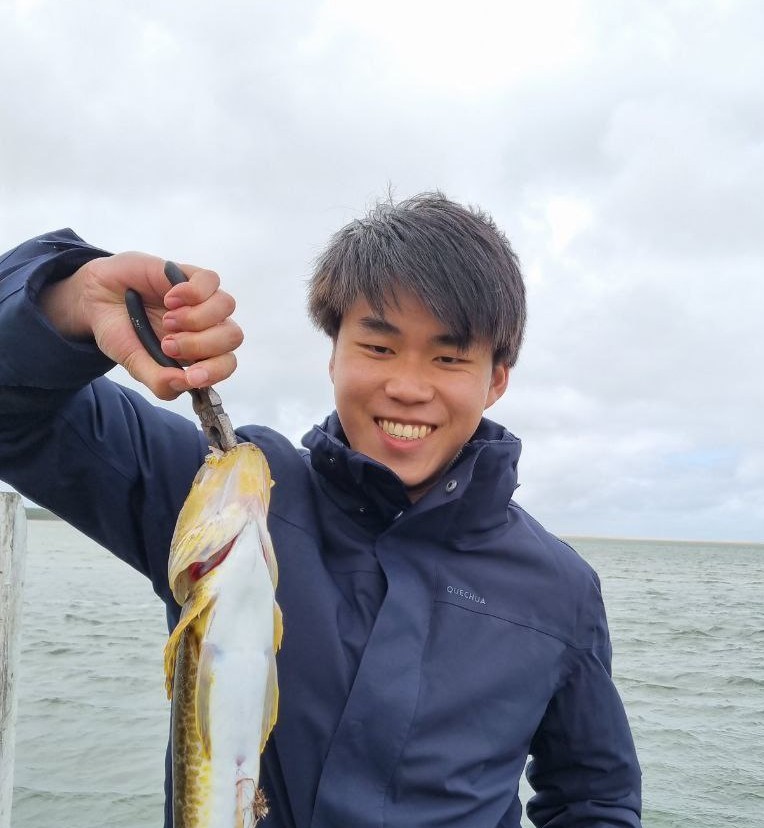
Counselling computer science students also had an unintended outcome:
Hearing about the projects they worked on, classes or concepts they were learning, and researching computer science to help me better relate to them got me hooked instead.
I was no longer satisfied with just using or retrofitting tools learnt online into daily tasks.
I wanted to understand, create, and implement them.
With that, I took the leap of faith and stepped into the world of data science, AI, and software development.
I sometimes wish I had made the switch earlier but even though my journey has just begun,
I know the best is yet to be.

I started out in university admin, where automation and data-driven tasks sparked interest in predictive analytics and software development.
Gaining further inspiration while counseling computer science students, I took the leap into data science & AI and I'm excited about what's ahead.
Post-graduate Studies
After discovering a passion for coding through self-guided online courses, I pursued a Master of Artificial Intelligence at Monash University in 2023, diving deep into Machine Learning, Deep Learning, Computer Vision, NLP, Reinforcement Learning, Multi-agent Systems, and Discrete Optimization. The course also exposed me to other domains in computer science like computer atchitechture and networking. It also involved designing and working with databases on top of utilising datasets for data analysis and visualising the results. My capstone project, involving Agile web development in a multi-disciplinary team, gave me a chance to apply and implement some of these concepts while contributing as an AI Engineer cum full-stack developer for an application that won a students’ choice award.
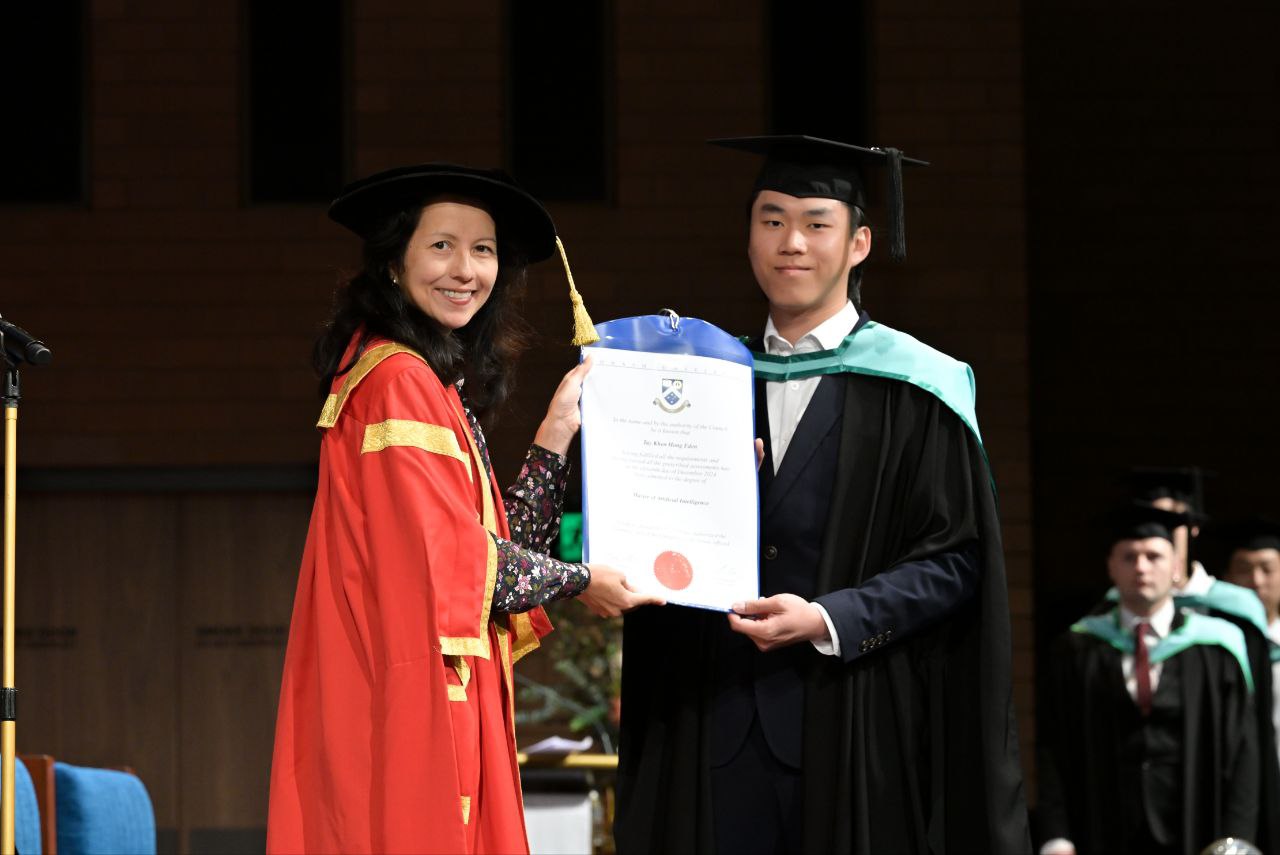
For me, the capstone emphasized that the best technological solution is always user-centric; even if it means stepping outside one's comfort zone, like pivoting from familiar Computer Vision approaches to less familiar NLP techniques. This experience reinforced the importance of flexibility, continuous learning, and adapting methods to genuinely solve user problems. It reminded me that there's no universal approach without compromise and sometimes, taking risks pays off.
I graduated in December 2024.
After self-learning coding sparked my passion, I pursued a Master's in AI that expanded my knowledge in it's various domains and applications.
During my studies, I worked on many projects including including my capstone projects where I worked in a multi-disciplinary team as an AI Engineer cum Full-stack Developer to develop a web-application.
“Why an interest in software development / ai engineering?”
Learning to develop, implement, and integrate AI changed the way I looked at data processing and analysis. Whilst I had always been interested in statistics and various analysis techniques, AI offered a way to refine and optimise the results as well as a means of generalising predictions and making tangible use of the data to create a solution to something. Many of my friends noted that AI was theoretically heavy but knowing the theory is key to realise the practical applications and implementation of the various techniques and tech that are increasingly common features in software development.
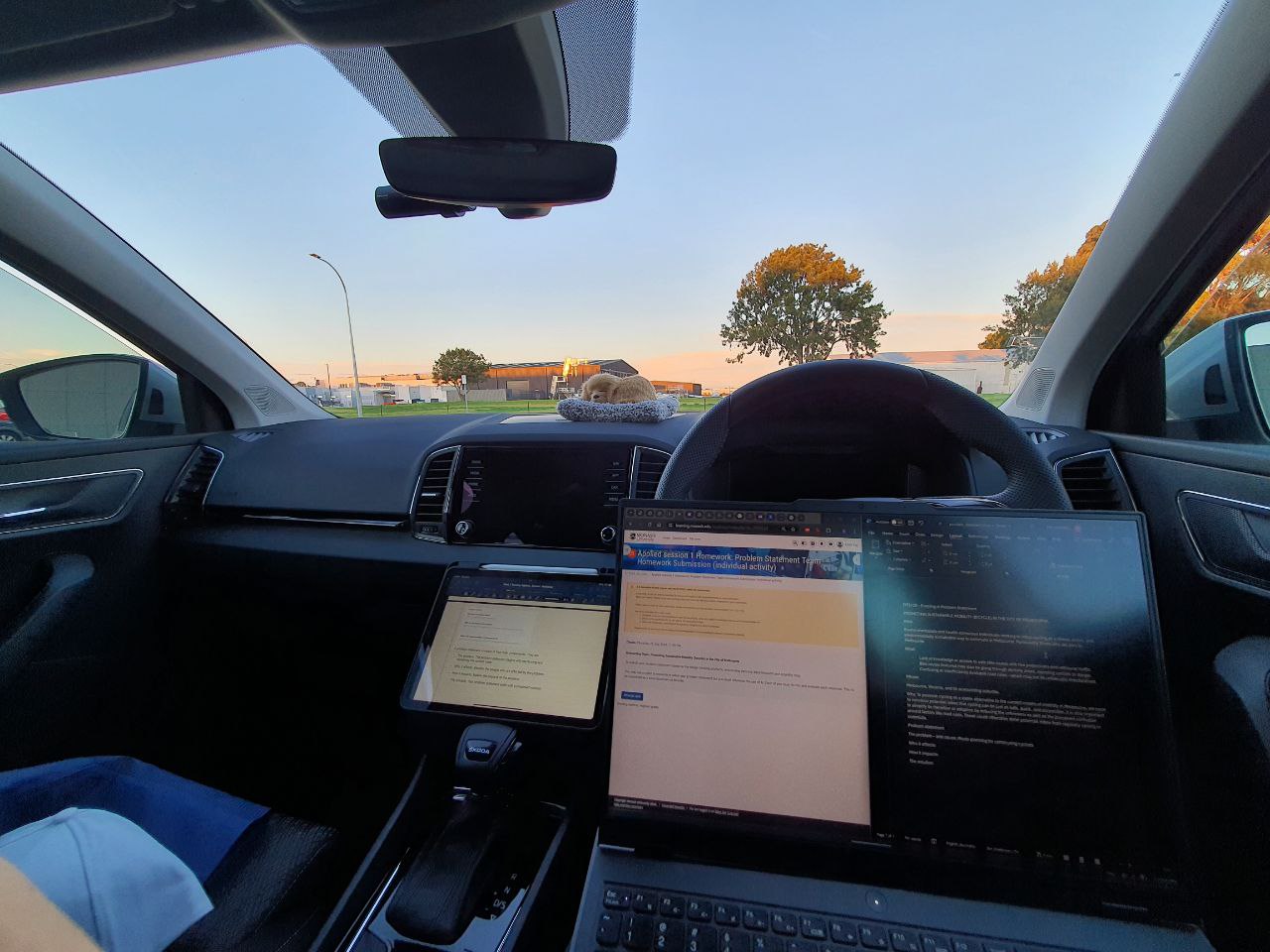
The field of AI is constantly and rapidly evolving, bringing with it new business solutions as well as innovative software functions that I am excited to work on. From statistical domains like Machine Learning and Deep learning that’s used in Computer Vision and NLP, to algorithmic approaches like Constraint Programming in Discrete Optimisation, to Agentic AI fundamentals like Reinforcement Learning, there’s just so many possibilities and applications!

I still find exploring datasets and building models really interesting and would gladly work in that direction if opportunities arise but my experiences with automating processes and deploying models in web-apps has inclined me more towards implementing various models in software solutions and ensuring they’re scalable and relevant. Then, of course, the prospect of working directly in software development and creating something used by others - Something I greatly enjoyed in my studies and capstone Industry Experience.
I'm very much interested in studying data for trends and building models but even more interested in implementing them in software and seeing them work to solve specific, real-world problems.
How psychology helped in programming / ai
An undergraduate background in psychology for a technical career probably sounds as sane as Sir Bedevere’s witch-deduction methods in Monty Python. But I reckon it comes with the added benefits of elements like understanding User Experience theories and concepts being second nature, helping a ton when creating user-centric apps. Quite unsurprising since they are rooted in psychology.
However, psychology, being a relatively new field of science with many different approaches also trained me to be comfortable with the unknown and inconsistent. Instead of getting mad over something seemingly not making sense, it helped me stay flexible and adopt an active learning perspective, studying different logics, frameworks, and paradigms to use them effectively.
Sir Bedevere: What else floats in water?
King Arthur: A duck
Sir Bedevere: Exactly! So, logically...
Peasant: If she weighed the same as a duck, she's made of wood...
Sir Bedevere: And therefore?
Peasant: A witch!
Something often overlooked is the heavy reliance on statistics in psychology. However, it was this statistical focus that assisted greatly in understanding the math and logic behind complex concepts in Machine Learning, albeit with a fair bit of work and time devoted to it. Likewise, we generally attribute systematic and iterative thinking with engineering but with the high complexity of human behaviours and thoughts coupled with the nature of scientific research generally promotes a similar approach. Breaking complex phenomena into parts then studying them was quite like the systematic and iterative approach used in coding to me.
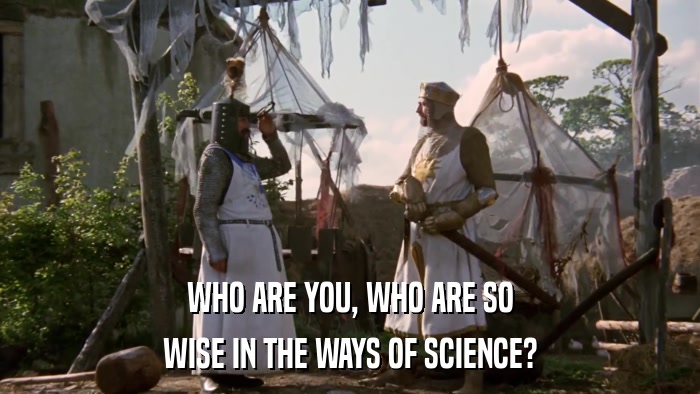
On a lighter note, some of the discussions and curricular activities involved or alluded to interesting technologies which contributed to my interests. I mean look at this cute little virtual rat we used named "Sniffy", who never seemed to learn the right things when you needed it to... For the record, my rat was quite cooperative...
And on the topic of rats, a close friend, who happens to be a software engineer, also told me that programming was a skill where “you really just need to put in the time and effort to get better, there’s no way around it”. This was something that really helped managed my expectations, stay grounded, and not lose hope because it always reminded me that "anyone can cook"... or code...

Instead of focusing on the differences, I applied any transferrable skills and approaches I knew to help me pick up the skills needed to succeed. I also used my experience to understand users during development, statistical foundations when learning AI, adopted a systematic approach, and just kept going at it.
Team Border Collie vs Kelpie?
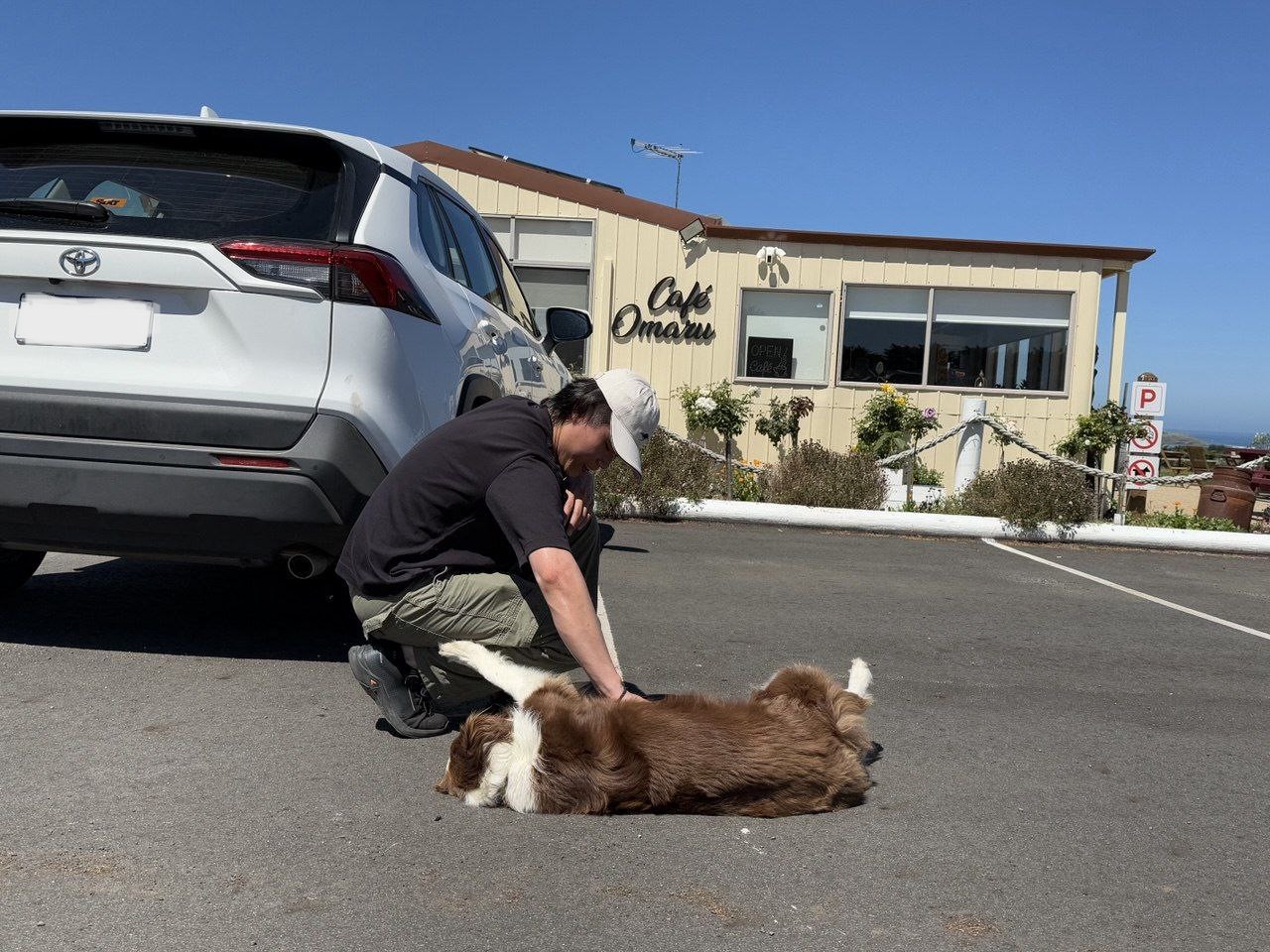
Yes, this is a Muster Dogs reference haha :) I like them both but Border Collies are in my top 2 all time favourite breeds if not the top so... 🐕
If you're asking why, while I'm super impressed by Kelpies' independence but I quite prefer the fact that you can get Collies to do really specific tasks on demand. Their better trainability sounds worth the extra effort to me because you probably get to grow more with it.
I've never owned either though so this is all just vicarious learning lol!
A nerdy comparison but Kelpies kinda remind me of unsupervised learning models and Collies, supervised learning ones... (not a reflection of my model preferences)
Border collie... hehehehehehe....